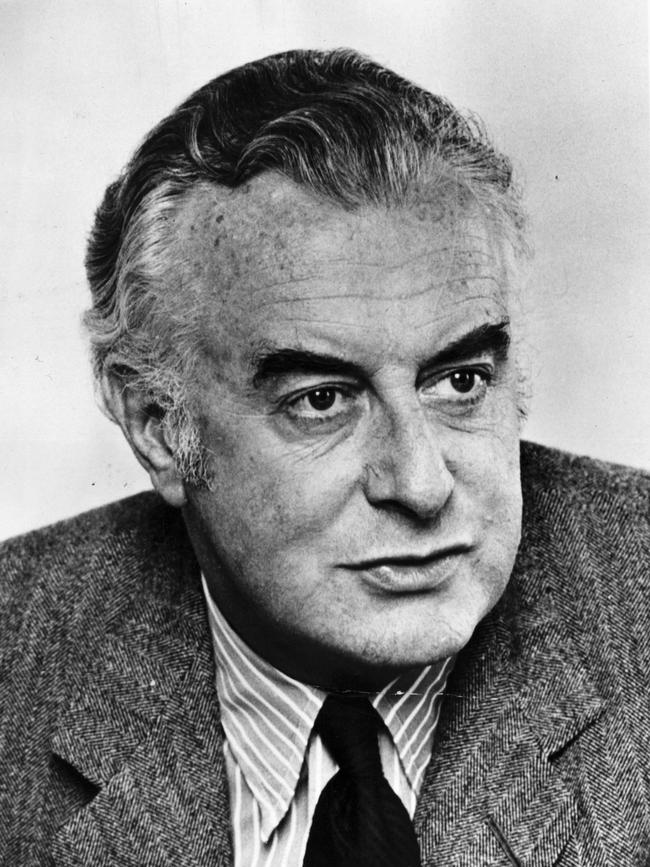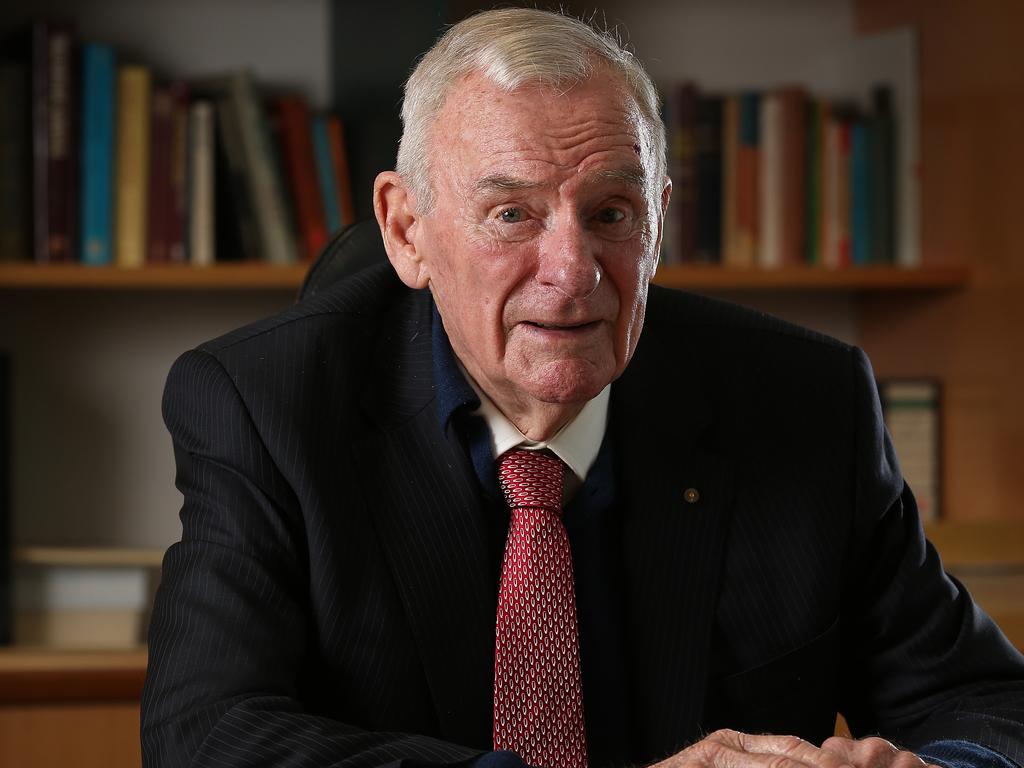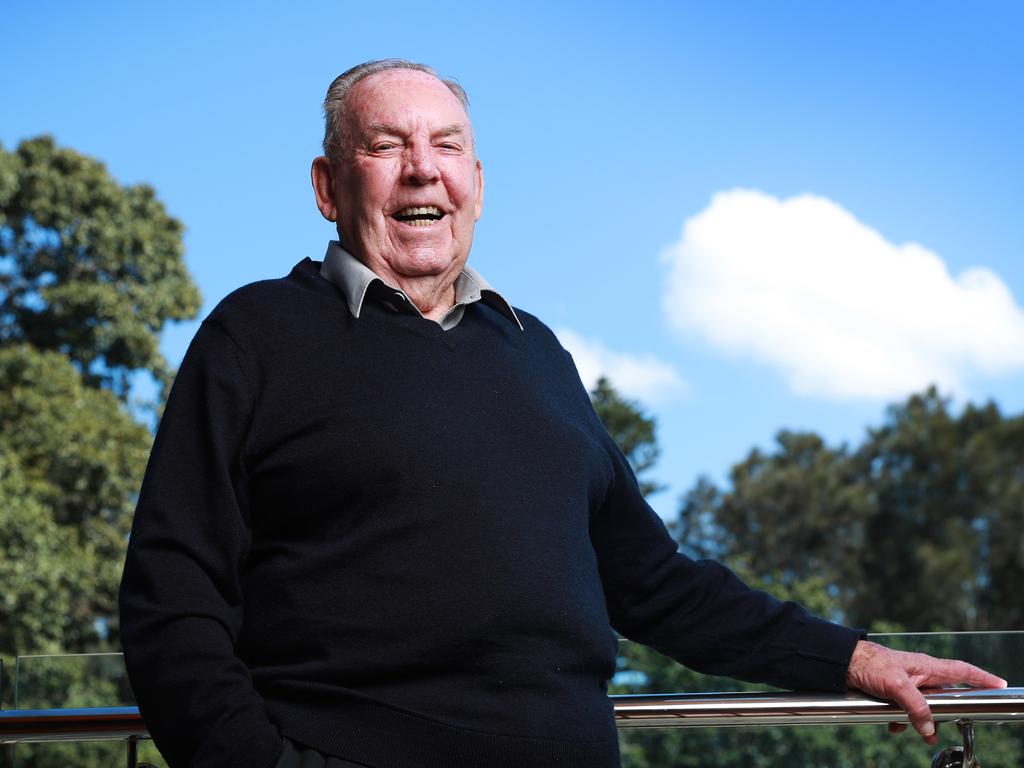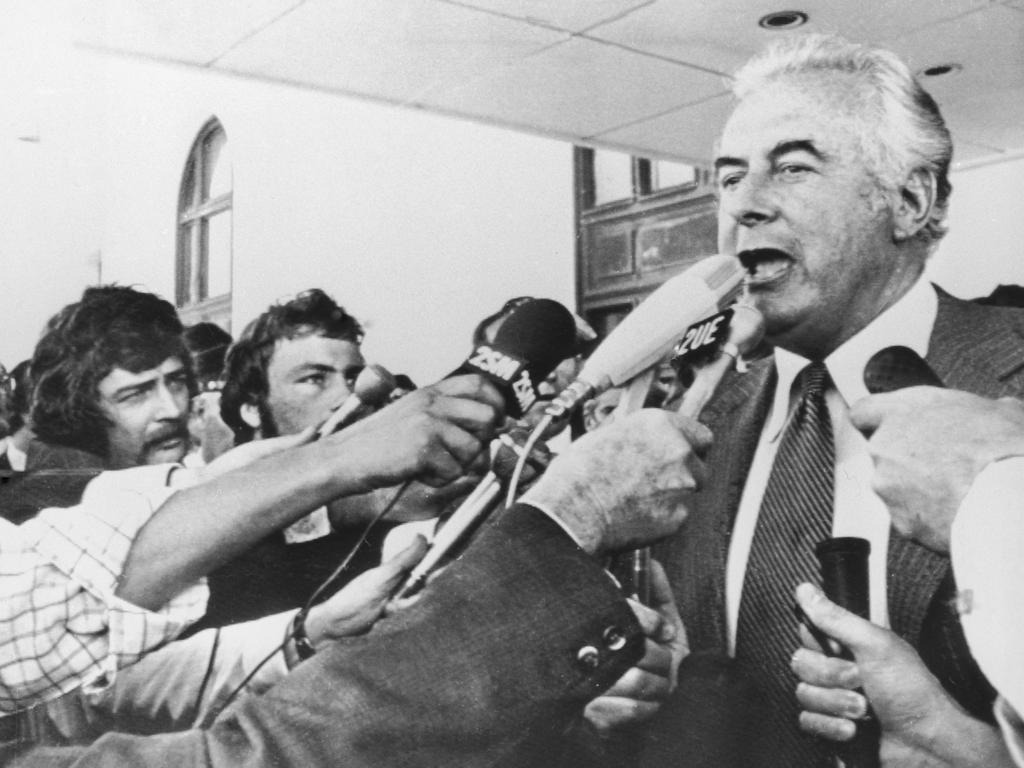50 years on: new bio on legacy of Gough Whitlam
A new biography by Troy Bramston will detail the life and legacy of the late Gough Whitlam, 50 years on from his dismissal.
A new work will shed fresh light on the life and government of Gough Whitlam, to be published 50 years after the dismissal of the former prime minister.
HarperCollins acquired the rights to publish the work – the first full-life biography to be published since Whitlam’s death in 2014 and the first in a single volume in more than 40 years – by senior columnist for The Australian Troy Bramston, the publisher announced on Thursday.
Bramston’s biography will be published in October 2025, ahead of the 50-year anniversary of the dismissal of the Whitlam government by Sir John Kerr.
The untitled biography will draw on newly discovered archival material and interviews with contemporaries, as well as 20 years of conversation between Bramston and Whitlam himself.
“There is still a lot more to learn, a lot more to understand and appreciate about Whitlam,’ Bramston said. “This was a government that was groundbreaking in many ways and remade Australia for the better, but it was also a government and a prime minister that had significant flaws. Examining all of that makes for a very compelling biographical story.”

Bramston is the author or editor of 11 books, including Paul Keating: The Big-Picture Leader (2016), which was a finalist for the Walkley Award, shortlisted for the National Biography Award and longlisted for the Australian Book Industry Award. He has previously covered the Whitlam government in The Whitlam Legacy (2013) and The Dismissal (2015), co-written with Paul Kelly.
“The election of Gough Whitlam represents a turning point in Australian history,” said publisher Mary Rennie. “He instigated many progressive policies that sustain the country to this day, and remains arguably our most eloquent and commanding politician. It is entirely appropriate his life and legacy be documented by the author who has written definitive best-selling accounts of Robert Menzies, Bob Hawke and Paul Keating.”







To join the conversation, please log in. Don't have an account? Register
Join the conversation, you are commenting as Logout